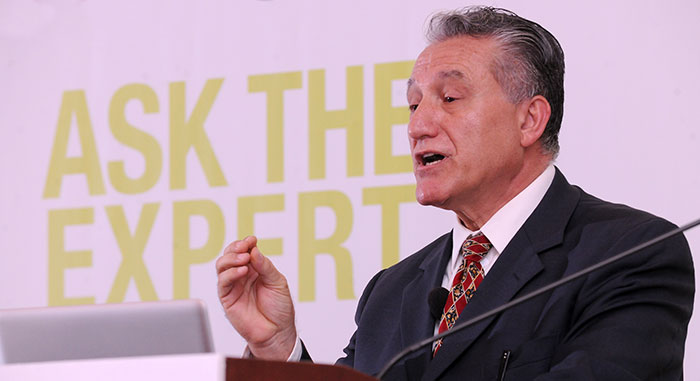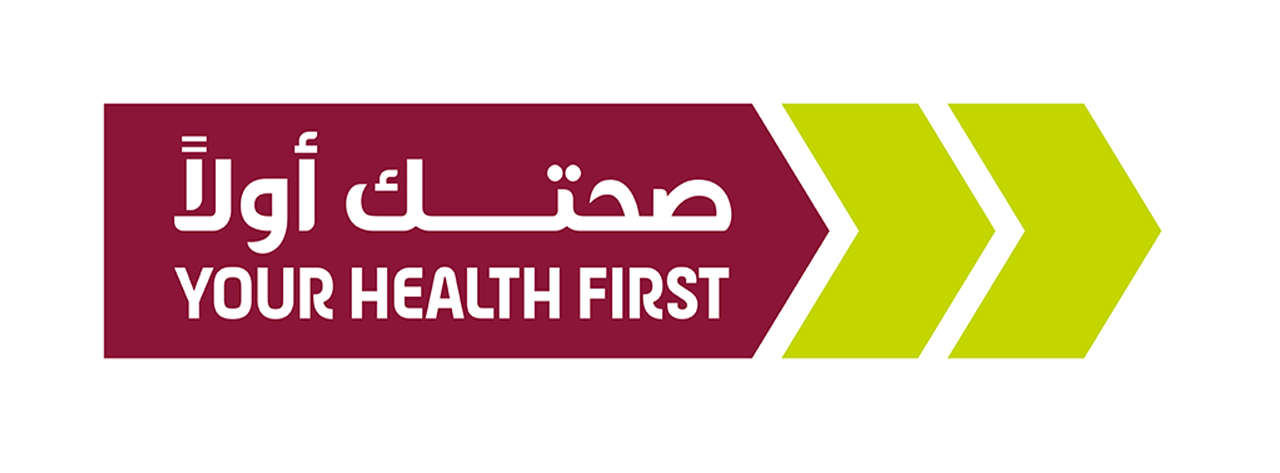

Almost everyone experiences headaches at some point in their lives and they can be debilitating, making it difficult to concentrate and function properly at home and at work.
That was the subject of the latest installment of Weill Cornell Medicine – Qatar’s public lecture series, Ask the Expert. The talk was given by Dr. Basim Uthman, vice chair and professor of clinical neurology and professor of clinical neuroscience at WCM-Q. Dr. Uthman also serves as a consultant in neurology at Hamad Medical Corporation.
Dr. Uthman explained that there are basically two types of headaches: secondary headaches, which are caused by high blood pressure, eye disorders, inflammation of the middle ear or sinuses, dental pain, fever, colds, flu and disorders of sugar in the blood; and primary headaches, which can occur independently of any other disease process and may be triggered or exacerbated by psychological or emotional reasons, stress, malfunctioning of some body parts or lifestyle changes.
Dr. Uthman said: “To prevent primary headaches, you should drink plenty of fluids, particularly water to keep the body hydrated– and indeed the brain hydrated and well-cushioned. To relieve the symptoms you can stretch and relax, especially with the lights dimmed and taking a cool bath will help rebalance the circulatory system.
“In the case of migraine – a type of primary headache – sufferers should also avoid drinking soft drinks and avoid eating processed meats, pickled items, monosodium glutamate, spices and chocolate, which can all exacerbate headaches. Painkillers like paracetamol can bring relief but they should not be used on a regular basis – it is better to address the triggers or causes of the headache.”
Dr. Uthman also warned against spending too much time using your cell phone, particularly for surfing the internet and messaging as some research suggests that it can lead to eye strain, as can the constant refocusing that the eye has to do between checking the phone and the wider world.
For secondary headaches and certain types of severe or complicated primary headaches the causes may vary and sufferers should really consult their doctor to accurately diagnose and treat the underlying condition, acutely and prophylactically. Red flags prompting an urgent visit to the doctor or emergency department include: headache onset after age 50, getting the worst headache of life, a change in your typical pattern of headaches, a history of cancer, fever, visual loss, double vision, a change in personality, new onset seizures and HIV.
The Ask the Expert lectures are interactive public talks that are part of the WCM-Q’s Sahtak Awalan – Your Health First campaign. They aim to help the public understand health matters and encourage them to make positive changes to their lives.













